Description
A wonderful, fresh and high grown Nicaraguan daily drinker. Co-op production from an ethical and sustainable co-op of small holders called COOPAREC.
COOPAREC R.L invests in critical infrastructure, encompassing road improvements and the establishment of local warehouses. COOPAREC R.L. also provides comprehensive technical support to farmers. This encompasses guidance starting with seed selection and extends to valuable assistance in navigating the organic certification process. Through COOPAREC R.L. producers gain access to credit and income diversification programs like projects to increase production of organic fertilizers or beekeeping initiates.
Tasting Notes: Works well light to dark but we liked it best at a standard medium roast. Smooth and sweet, lower acidity, a fuller body, good mouthfeel with rich malty tones. If you take it a little lighter, picks up some lemony/floral crispness, can bring out a little hint of caramel and slight floral overtones, but risks a little more grassy contrast versus malty. Darker gets a little roasty tasting but its a compliment to the sweeter malt like tones, works nicely for a sweet edged classic tasting dark roast bean.
Roasting Notes: Easy to roast and versatile coffee. Medium to low chaff and even roasting. Medium roasts are nice for a daily drinker, a little more body and a bit smoother. Works nicely dark as well, good base for espresso blends or cold brew. The classic Nic profile is always one of my favorite dark roast coffees.
Nicaragua‘s rich coffee culture is deeply rooted in cooperative structures, particularly to support small farm production. A prime illustration is Cooperativa Agropecuaria Reyna el Café de San Juan R.L (COOPAREC R.L), with dedicated coffee producers located in the municipality of San Juan del Rio Coco, Department of Madriz. These producers follow organic farm management practices on farms that are typically cultivated coffee on just a few acres of land intercropped with shade trees, bananas, corn, and beans.
During the harvest, each producer practices selective picking with focus on picking only fully ripened cherries, which are then processed with the farms micro-mill. At the mill, the cherries are washed and floated to remove damaged and less dense coffee. The selected cherries are then depulped, fermented, washed and gently dried and stored until it is time to prepare the coffee for export.
For the export preparation, dried coffee in parchment is transported to the Peralta Coffee’s dry mill facility where coffee is received, cupped and selected for export. Peralta’s preparation ensures traceability and quality control throughout the post harvest process, which is a vital resource for establishing higher prices for producers.
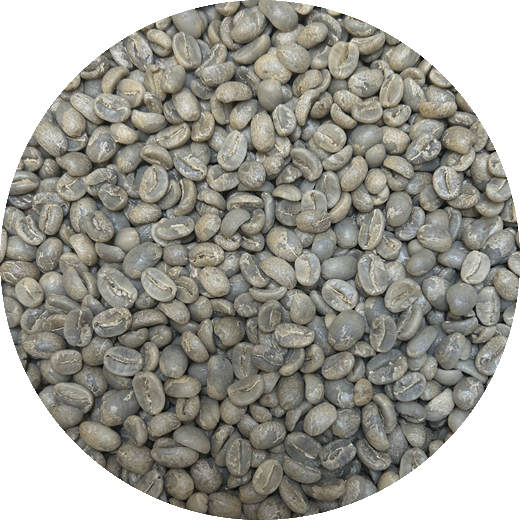
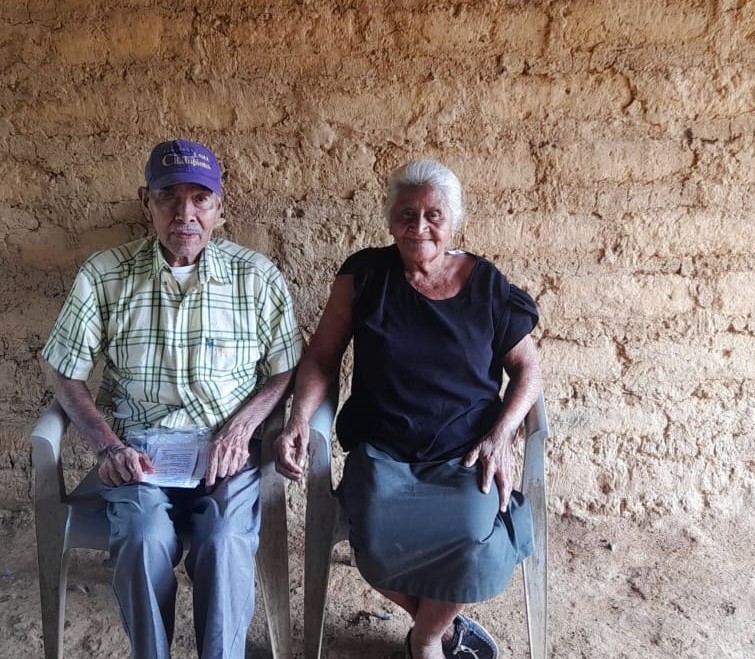
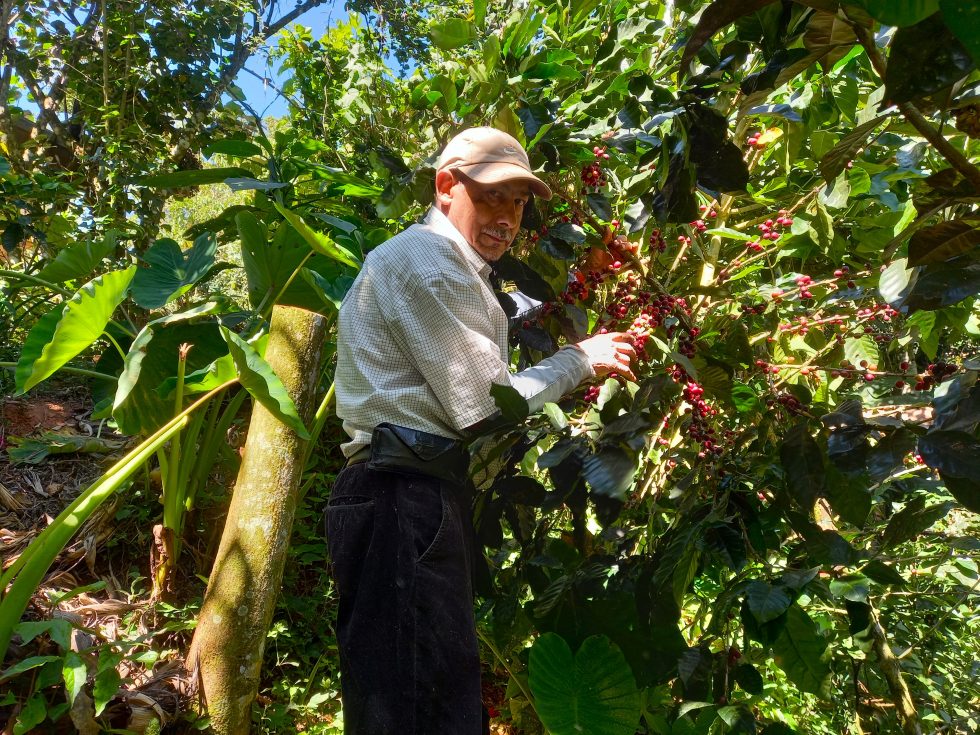
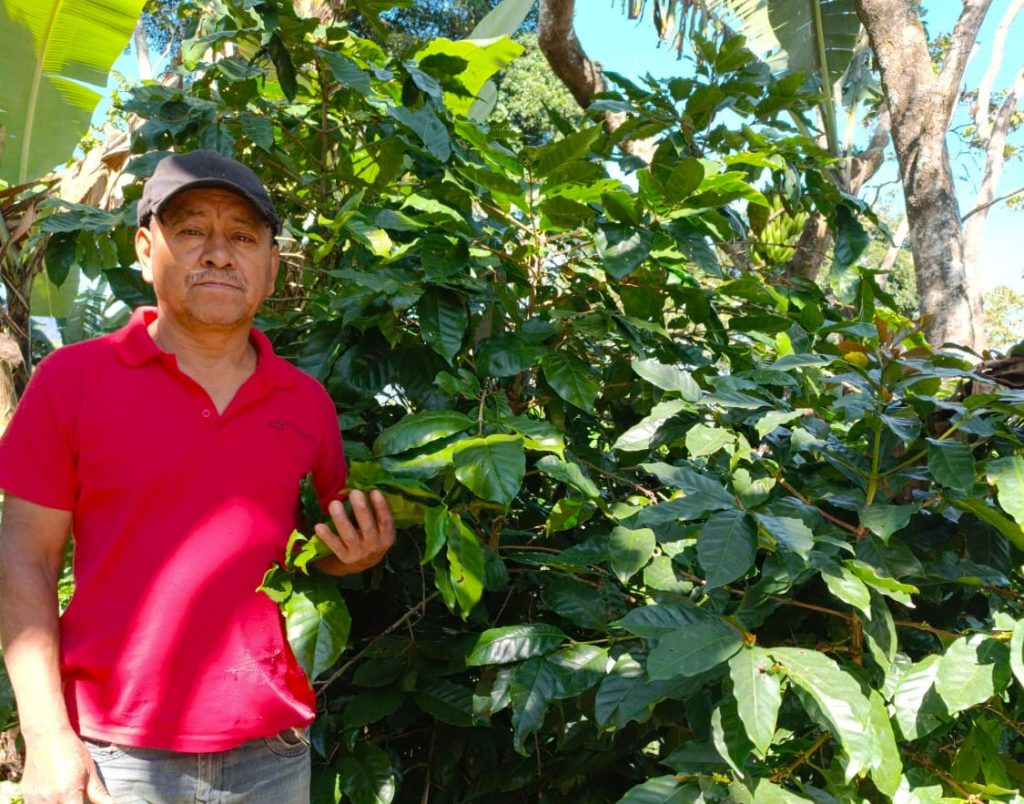
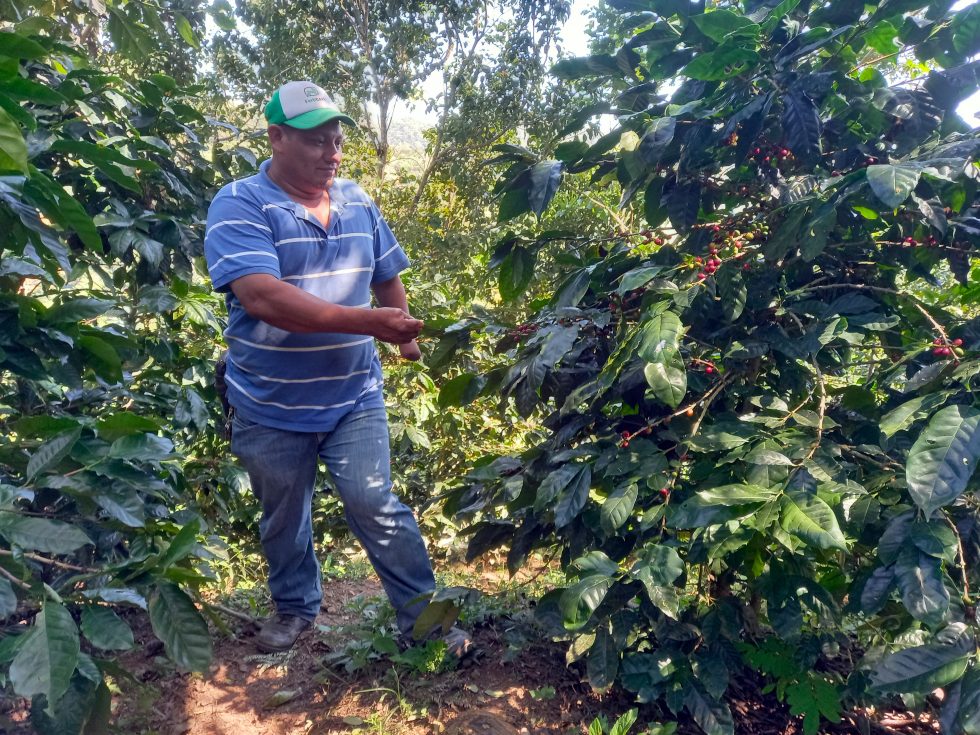
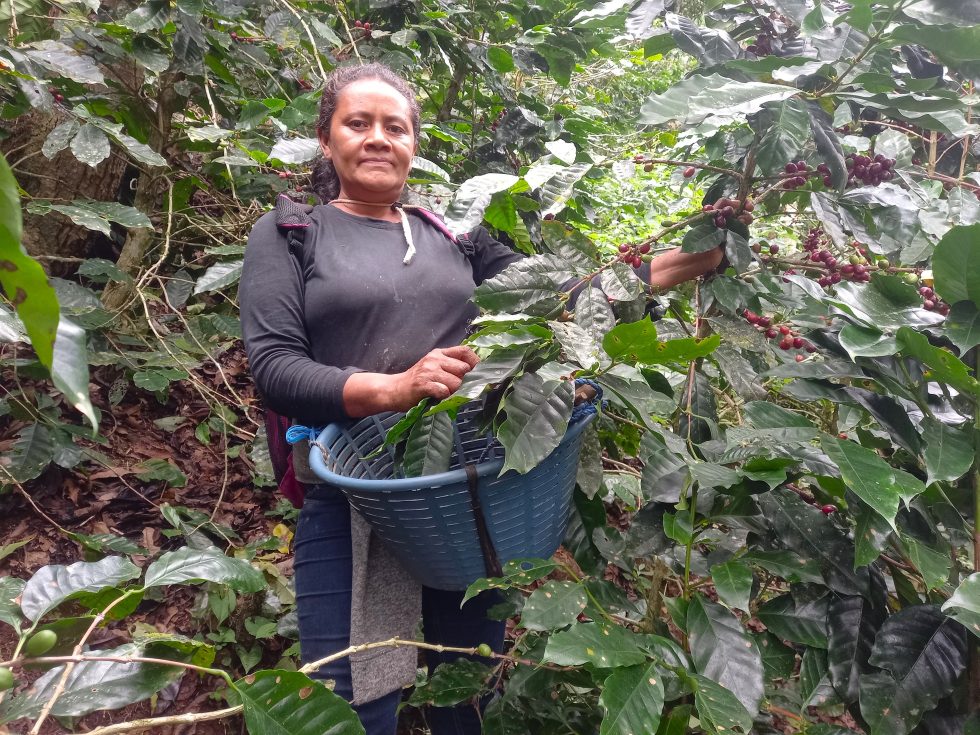
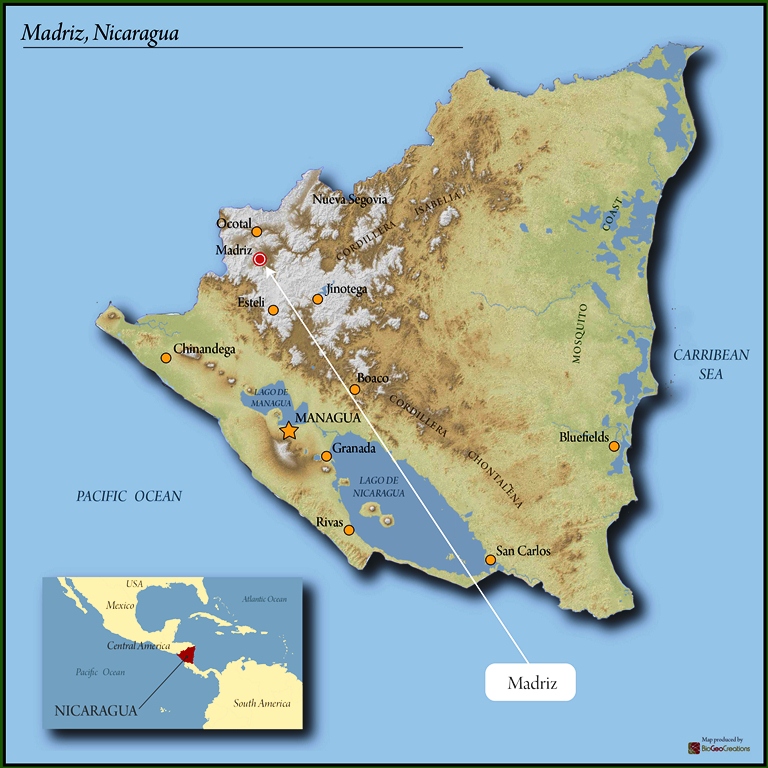
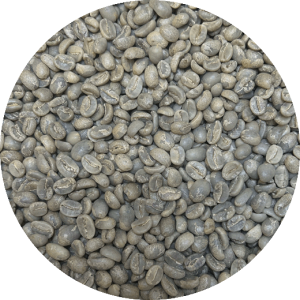
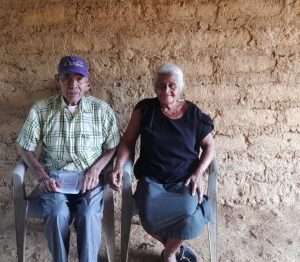
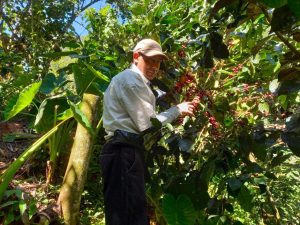
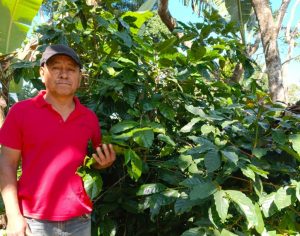
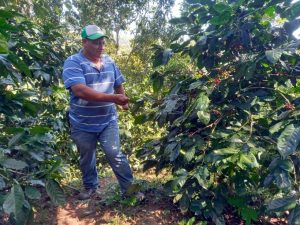
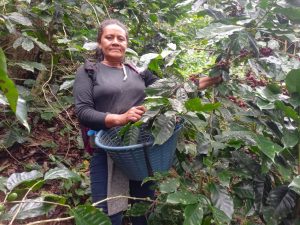
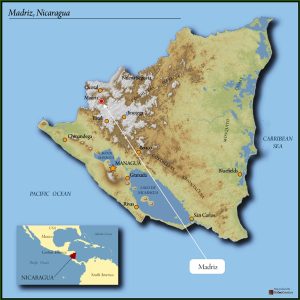


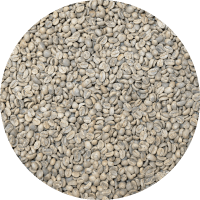
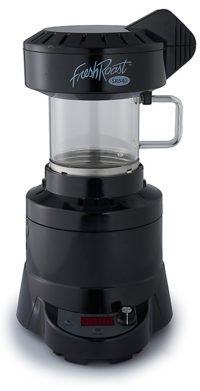

Reviews
There are no reviews yet.